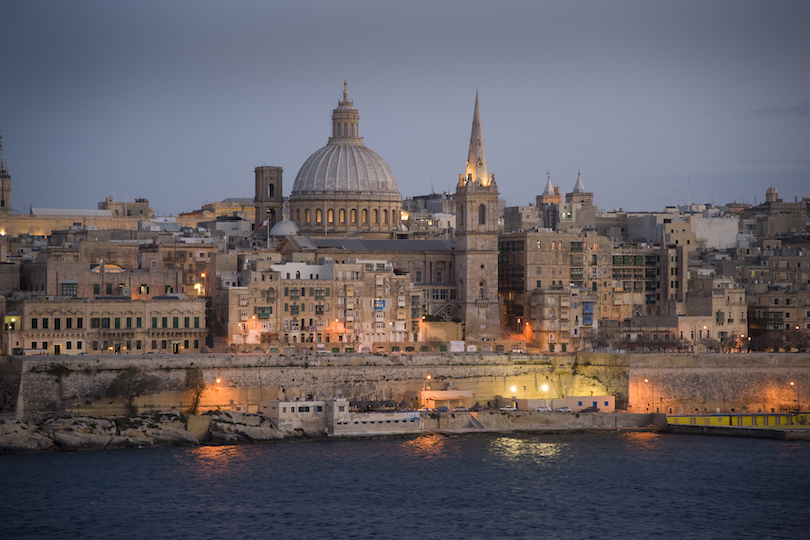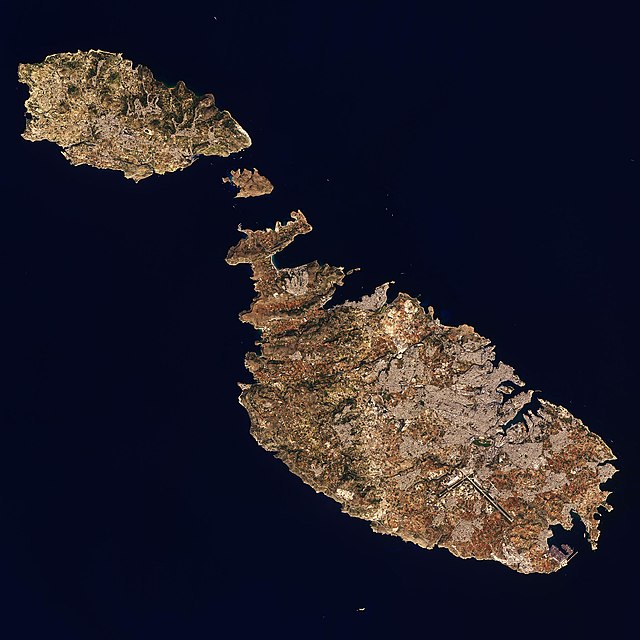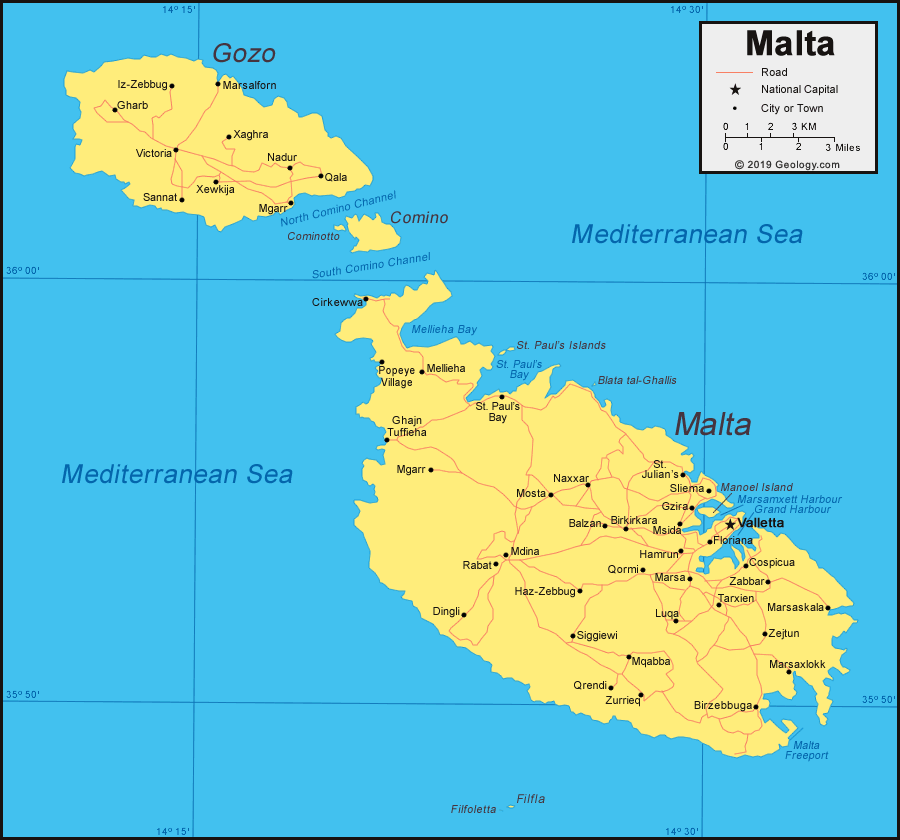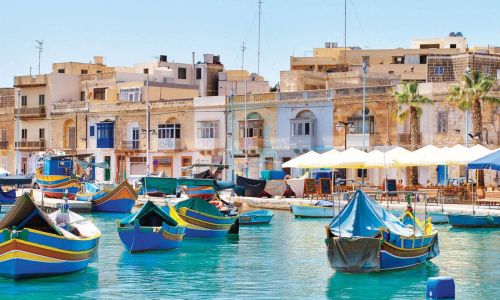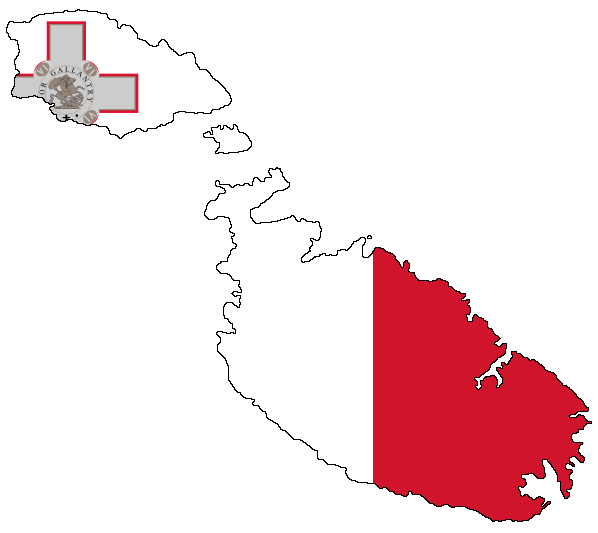I. Introduction
The Malines Conversations Group is a group of theologians from the Anglican and Roman Catholic Churches who meet regularly to discuss matters of ecumenical importance. In November 2021, the group held its 9th meeting, which took place in St. Paul’s Bay, Malta. In this article, we will explore the history and relevance of the Malines Conversations Group, the key topics discussed at their latest meeting, and the implications of their discussions for ecumenical relations.
II. Background Information
The Malines Conversations Group was founded in 1921 by Cardinal Mercier of Belgium and the Anglican bishop Charles Gore. The group was initially established as a means of seeking reconciliation between the Roman Catholic Church and the Anglican Communion. It was named after the city of Malines (now Mechelen) in Belgium, where the first meeting took place.
Since its establishment, the Malines Conversations Group has played a significant role in promoting dialogue and understanding between the Roman Catholic Church and Anglican Communion. The group is made up of theologians from both denominations who meet regularly to discuss theological and pastoral issues.
III. Key Topics Discussed
At the 9th meeting of the Malines Conversations Group, which took place in St. Paul’s Bay, Malta, the group discussed several key topics of importance to both the Anglican and Roman Catholic Churches. These included issues related to Christian anthropology, ethics, and sacramental theology.
One of the most important topics discussed was the nature of the human person. Both Anglican and Roman Catholic participants expressed their commitment to the dignity of every human being and the need to promote a culture of life. They also discussed the important contribution that Christian anthropology can make to contemporary social and cultural debates.
The group also engaged in discussions related to ethics. Specifically, they explored the role of natural law in ethical decision-making and the challenges of living an ethical life in a rapidly changing cultural context. They recognized the importance of engaging with contemporary culture in a way that is rooted in Christian tradition and affirmed the need for ongoing dialogue on ethical issues.
Finally, the group discussed sacramental theology, specifically the role of the sacraments in Christian life and the importance of shared Eucharistic celebrations for ecumenism. They acknowledged the challenges of differing theological perspectives on the sacraments but expressed a shared desire for greater communion in the celebration of the Eucharist.
IV. Role of Lord Williams of Oystermouth and Cardinal Josef de Kezel
Lord Williams of Oystermouth, the former Archbishop of Canterbury, and Cardinal Josef de Kezel, the former Archbishop of Mechelen-Brussels, serve as the patrons of the Malines Conversations Group. They provide guidance and support to the group and participate in their discussions.
At the 9th meeting, both Lord Williams and Cardinal de Kezel played an important role in facilitating dialogue and promoting understanding between the Anglican and Roman Catholic participants. Their presence was a reminder of the importance of ecumenical dialogue and the potential of such conversations to promote greater unity and understanding between denominations.
V. Outcomes of the Meeting
At the conclusion of the meeting, the Malines Conversations Group issued a joint statement summarizing the key points of their discussions. They emphasized the importance of Christian anthropology, ethics, and sacramental theology, affirming their shared values while acknowledging their differences.
The group also agreed to continue their conversations, recognizing the ongoing importance of ecumenical dialogue for the promotion of greater understanding and unity between the Anglican and Roman Catholic Churches.
VI. Future Plans for the Malines Conversations Group
Looking ahead, the Malines Conversations Group plans to continue their ecumenical dialogue, with a particular focus on issues related to the sacraments and church authority. They hope to engage in deeper theological discussions that will promote greater mutual understanding and potentially lead to greater unity between the churches.
VII. Reactions and Criticisms
The 9th meeting of the Malines Conversations Group received positive reactions from members of both the Roman Catholic and Anglican Churches, with many expressing support for the ongoing dialogue between the two churches. However, some critics raised concerns that ecumenical dialogue may lead to compromise on important theological issues.
VIII. Conclusion
The Malines Conversations Group has played an important role in promoting dialogue and understanding between the Roman Catholic Church and Anglican Communion for over a century. The 9th meeting of the group in St. Paul’s Bay, Malta, provided an opportunity for participants to engage in important discussions related to Christian anthropology, ethics, and sacramental theology.
While the Malines Conversations Group does not have the power to enact change or bring about greater unity between the churches, their ongoing conversations serve as an important reminder of the potential of dialogue to promote greater understanding and unity between denominations. As ecumenical theology continues to develop, the Malines Conversations Group will continue to play an important role in promoting greater communion between the Anglican and Roman Catholic Churches.
FAQs:
1. What is the Malines Conversations Group?
The Malines Conversations Group is a group of theologians from the Roman Catholic Church and Anglican Communion who meet regularly to discuss theological and pastoral issues.
2. What is the history of the group?
The group was founded in 1921 by Cardinal Mercier of Belgium and the Anglican bishop Charles Gore. It was named after the city of Malines (now Mechelen) in Belgium, where the first meeting took place.
3. What do the participants discuss at their meetings?
The participants in the Malines Conversations Group engage in discussions related to a variety of topics, including Christian anthropology, ethics, and sacramental theology.
4. What was discussed at the 9th meeting of the group?
At the 9th meeting of the group, which took place in St. Paul’s Bay, Malta, the participants discussed issues related to Christian anthropology, ethics, and sacramental theology.
5. What is the role of Lord Williams of Oystermouth and Cardinal Josef de Kezel?
Lord Williams and Cardinal de Kezel serve as the patrons of the Malines Conversations Group, providing guidance and support to the group and participating in their discussions.
6. What are the future plans for the group?
The Malines Conversations Group plans to continue their ecumenical dialogue, with a particular focus on issues related to the sacraments and church authority.





